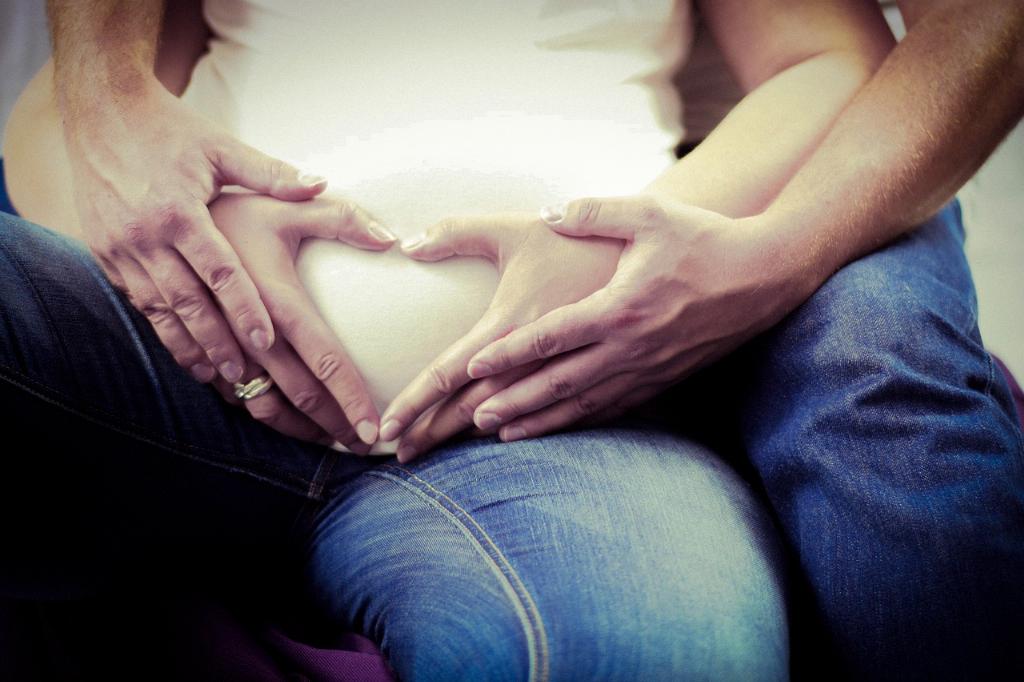If you find yourself at the 7-week mark of your pregnancy journey, you may be wondering about the array of feelings and symptoms that you are experiencing. It’s completely normal to have various physical and emotional changes during this time, as your body is adapting to the rapid development of your growing baby.
Physical Changes You May Notice
At 7 weeks pregnant, you might be feeling more tired than usual. The early stages of pregnancy can bring about fatigue as your body works hard to support the growth of the fetus. Additionally, you may notice that your breasts feel tender, sore, or even swollen. This is a common symptom due to hormonal changes.
Increased Urination Frequency
Another common occurrence at 7 weeks pregnant is the need to urinate more frequently. Your growing uterus puts pressure on your bladder, causing you to feel the urge to pee more often. While this can be bothersome, it’s a normal part of pregnancy.
Dealing with Morning Sickness
Some women may start experiencing morning sickness around the 7-week mark. This can manifest as feelings of nausea, vomiting, or general queasiness. While it can be uncomfortable, remember that these symptoms often subside after the first trimester.
Emotional Rollercoaster
Alongside the physical changes, you may also find yourself on an emotional rollercoaster at 7 weeks pregnant. Hormonal fluctuations can lead to mood swings, sudden bursts of tears, or feelings of anxiety. Remember to be kind to yourself during this time.
Food Aversions and Cravings
It’s not uncommon to develop food aversions or cravings at 7 weeks pregnant. You may suddenly find certain foods unappealing, while others become irresistible. Listen to your body’s cues and try to maintain a balanced diet.
Managing Stress and Anxiety
Feeling stressed or anxious is normal during pregnancy, especially as you navigate the uncertainties and changes that come with it. Find healthy coping mechanisms such as relaxation exercises, prenatal yoga, or talking to a supportive friend or partner.
Physical Wellness and Self-Care
Ensuring your physical well-being is crucial at 7 weeks pregnant. Make time for self-care activities that help you relax and rejuvenate, whether it’s taking a warm bath, going for a gentle walk, or practicing mindfulness techniques.
Importance of Prenatal Care
Regular prenatal check-ups are essential during pregnancy, including at the 7-week mark. Your healthcare provider can monitor your health, address any concerns or questions you may have, and ensure that you and your baby are progressing well.
Connecting with Your Partner
Share your feelings and experiences with your partner as you navigate the journey of pregnancy together. Communication, support, and understanding can strengthen your bond and help both of you prepare for the arrival of your little one.
Seeking Support from Other Moms
Joining a prenatal class or connecting with other expectant mothers can provide you with a sense of community and solidarity. Sharing stories, tips, and advice with women who are going through similar experiences can be comforting and empowering.
Embracing the Journey
While pregnancy may bring about challenges and uncertainties, it’s also a time of wonder, anticipation, and love. Embrace the changes happening within your body and focus on the miracle of life that is growing inside you. Remember to take each day as it comes and trust in your body’s innate ability to nurture and protect your baby.
Conclusion
As you navigate the 7-week mark of your pregnancy, be gentle with yourself, listen to your body, and seek support when needed. Remember that every woman’s pregnancy journey is unique, and it’s okay to experience a range of emotions and symptoms during this time. Embrace the beauty of this transformative period and look forward to the joys that lie ahead as you prepare to welcome your little one into the world.

